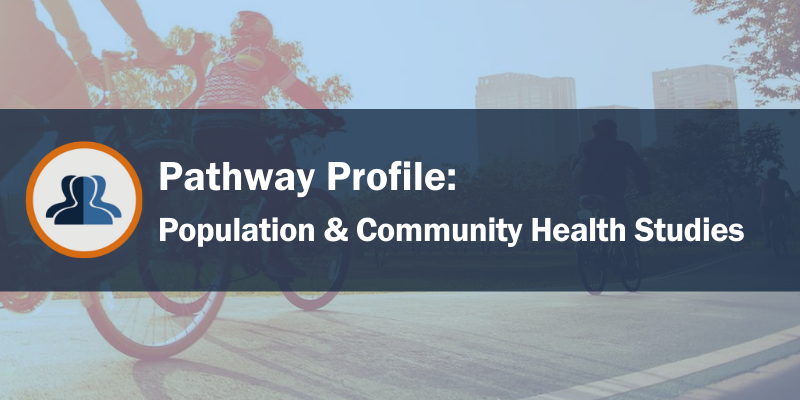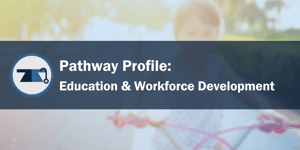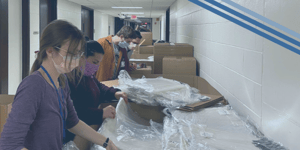On a sunny, cold February day in 2019, representatives from a network of agencies across Milwaukee gathered at the Greater Galilee Baptist Church in Milwaukee’s Lindsay Heights neighborhood. They were there to hear Dr. Leonard Egede, professor of medicine, chief of general internal medicine, and director of the Center for Advancing Population Science at the Medical College of Wisconsin, share his vision for addressing health disparities across 10 Milwaukee zip codes.
Egede is leading the COME ALIVE MILWAUKEE project, which aims to reduce the burden of chronic disease and health disparities in high-risk minority communities. Funded by the Advancing a Healthier Wisconsin Endowment, the project takes an exciting approach to population health, one that relies on collaborative community relationships working alongside scientific rigor to improve the health of a community.
It’s the kind of data-driven change that AHW aims to support, and points to an evolution in how AHW is approaching a goal to create positive change at a population level.
“Previously, we funded impactful population health studies, and we funded work that drives positive action,” said Tim Meister, AHW Population and Community Health Studies Program Manager. “But over time, we recognized that to help our partners build the evidence they need to inform policies and practices that produce health outcomes, we needed a dedicated pathway that explicitly made that possible.”
While AHW had invested more than $29 million into population and community health studies since issuing its first funding awards in 2004, this re-focused approach emerged in 2019 as a dedicated Population and Community Health Studies Pathway, one of four pathways through which AHW releases funding awards and capacity-building programming.
While additional AHW pathways aim to promote health education and workforce development, advance scientific research and discovery, and affect change in the systems that drive health, the Population and Community Health Studies Pathway was created to help community and MCW research partners build an evidence base that will support changes in policies or practices that impact health.
“Through this pathway, we have an incredible opportunity to help our partners in communities gather data that will allow decisionmakers to take action,” said Christina Ellis, AHW program director overseeing the endowment’s commitment to community-led studies. “Not only is this core to our mission to impact health, but it combines the strengths of AHW from our placement as a statewide health philanthropy housed within an academic medical center.”
The commitment to funding studies in population health isn’t new, but the approach AHW is carving out is, with newly funded projects now being asked to go beyond the study phase to do more.
“We want to provide the time to conduct research and test an idea to improve the health of a population,” said Meister. “But the defining point of what we seek through this pathway is the action stage. We want the new knowledge generated through the discovery and engagement stages to be applied to health issues in Wisconsin in ways that can create change.”
Projects will now be tasked with expanding beyond traditional academic dissemination of study results to produce the kinds of materials that communicate better to their target audiences: White papers, policy briefs, public awareness campaigns, or anything similar.
“We want each project to ultimately result in a product that will speak to the key decisionmakers who are in a position to drive change on that particular issue,” said Meister.
In September 2020, AHW will announce the newest slate of funded projects through the revamped pathway and issue a call for new proposals.
For more information on projects funded through the AHW Population & Community Health Studies Pathway, visit the AHW-funded project database here.





